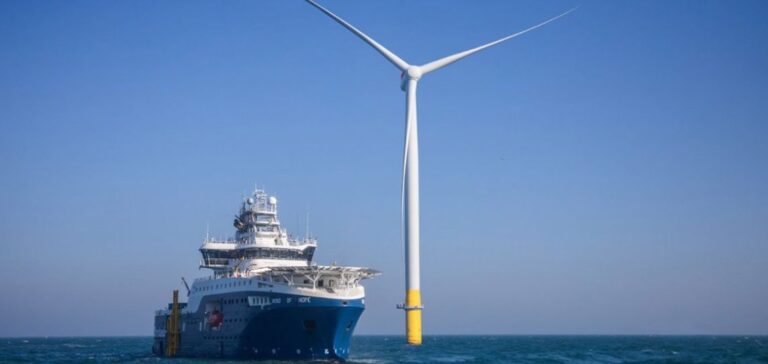Denmark’s Orsted Group, world leader in offshore wind power, has announced impairments of SEK 3.9 billion in the second quarter of 2024.
These losses, generated by delays and difficulties encountered on its projects in the United States, notably the Revolution Wind project, have weighed heavily on the group’s financial results.
Revolution Wind, a key 704-megawatt project, has seen its commissioning pushed back to 2026 due to soil contamination problems at an onshore transformer station.
These write-downs also include adjustments on other US projects, such as Ocean Wind, already suspended in 2023, and the FlagshipOne e-methanol project in Sweden, now abandoned.
These events reflect a strategic reassessment of the Group’s investments against a backdrop of rising interest rates in the United States and heightened operational challenges.
Subdued financial results and strategic adjustment
Despite a 59% year-on-year increase in EBITDA to 5.27 billion kroner, Orsted did not escape the market’s sanction.
The company’s share price fell by almost 8% on the Copenhagen Stock Exchange, underlining investors’ persistent concerns about the viability of future projects and the company’s investment strategy.
Orsted nevertheless maintains its profit forecasts for 2024, but announces a reduction in its planned investments for this year.
The Group is reorienting its priorities, refocusing on renewable hydrogen in Northern Europe, in response to a green fuels market deemed less dynamic than anticipated.
This strategic reorientation comes at a time when the Group is seeking to consolidate its position in the renewable energies market, while navigating a complex economic environment.






















